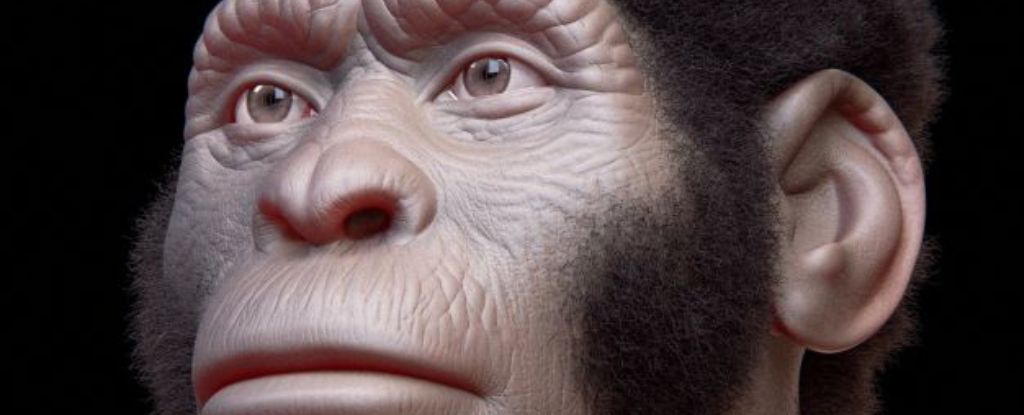
BREAKING: New research claims that the ancient species Homo naledi may have been burying their dead 120,000 years before Homo sapiens. This urgent revelation comes from a team led by paleoanthropologist Lee Berger, who has reignited the fierce debate surrounding early human burial practices.
The study, recently published in eLife, reexamines a controversial burial ground in the Cradle of Humankind near Johannesburg, South Africa. Berger’s team argues that evidence now supports their hypothesis that this small-brained species engaged in cultural funerary practices over 240,000 years ago, long before modern humans began to bury their dead around 120,000 years ago.
The implications of these findings are monumental. If confirmed, they would challenge the long-held belief that Homo sapiens were the first to exhibit such behaviors. The latest data suggests that bodies found deep within a cave system were not randomly deposited but were intentionally placed and covered, countering previous theories that they simply fell into the cave and were buried by sediment over time.
“Neither gravity nor any other natural process can explain the position of the H. naledi remains,” the researchers state in their publication. This is the first time they propose that Homo naledi actively participated in the burial process, marking a significant shift in our understanding of early human behavior.
Berger and his team first brought this hypothesis to light in 2015 when they identified the fossilized remains of at least 15 individuals in the same cave. Initial findings included carvings and charcoal fragments, leading scientists to speculate about the presence of intentional burial practices. However, skepticism persisted due to questions surrounding the dating of the charcoal and the clarity of burial pits.
Despite skepticism from the scientific community, Berger’s team has remained undeterred. Earlier this year, co-author and anthropologist John Hawks addressed critics by emphasizing the importance of transparency in research. “We need to eliminate the culture of fear around releasing new research,” Hawks stated, underscoring the value of open dialogue in advancing scientific understanding.
The team’s latest findings are already prompting renewed discussions within the paleoanthropological community. The peer-reviewed paper is expected to generate significant responses, as many scientists remain unconvinced and demand more ironclad evidence.
As the debate continues, the implications of these findings are profound, opening new avenues for understanding the cognitive and cultural capacities of early hominins. For those following advancements in human evolution, this is a developing story with potential to reshape our perception of ancient human behavior.
Stay tuned for more updates as experts weigh in on this groundbreaking research. The full study is now available in the journal eLife.






